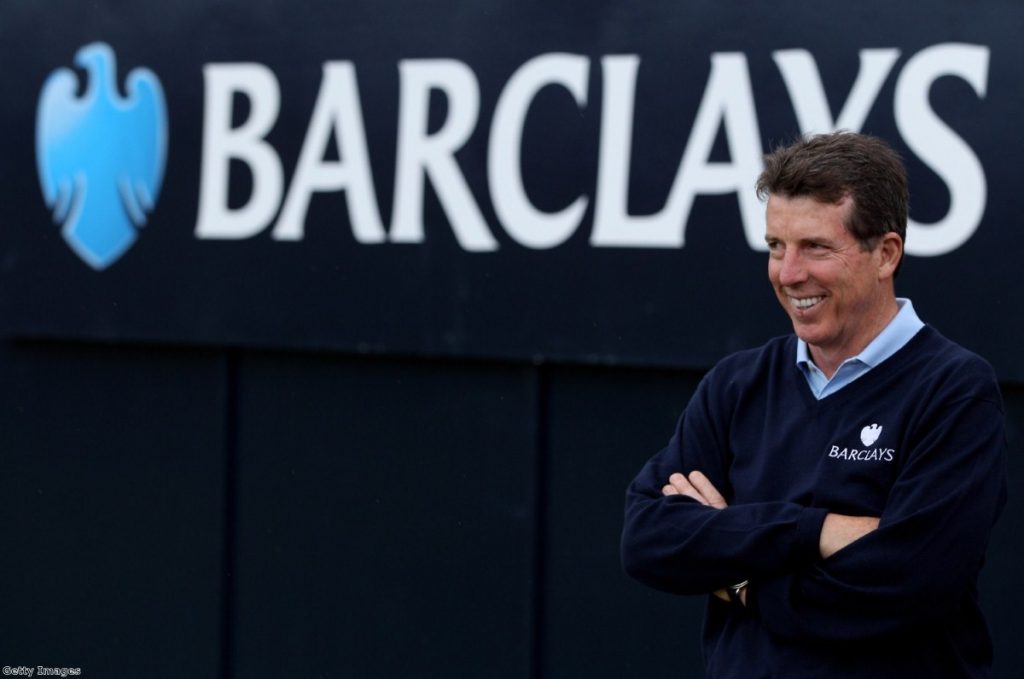Bloodbath at Barclays: Diamond departure triggers new resignation
The resignation of Bob Diamond from Barclays over the Libor scandal has triggered a new high-level resignation.
CEO Jerry del Missier, who was co-president of the investment arm of Barclays Capital between 2005 and 2008, also stood down with immediate effect today.
In an unapologetic leaving statement which did not refer to the Libor scandal, del Missier said he was proud of what he had achieved at the bank.
"We built one of the premier global investment banks from scratch," he said.
"The firm is as strong today as it ever has been and is incredibly well placed to succeed within the post-financial reform competitive landscape."
For his part, Diamond suggested he was forced to leave Barclays due to political interference, citing 'external pressure'.
"My motivation has always been to do what I believed to be in the best interests of Barclays, " he said.
"No decision over that period was as hard as the one that I make now to stand down as chief executive. The external pressure placed on Barclays has reached a level that risks damaging the franchise – I cannot let that happen.
"I am deeply disappointed that the impression created by the events announced last week about what Barclays and its people stand for could not be further from the truth."
In what must be the shortest resignation in recent corporate history, Marcus Agius, who announced he was stepping down yesterday, is now set to stay as full-time chairman to search for a new chief executive.
The pressure on Diamond had reached a crescendo in the last week, as several high profile politicians, including David Cameron, Ed Miliband and Vince Cable, issued increasingly robust attacks on the bank boss.
Shareholders agreed Diamond should stay last Friday, but the American faced increasingly shrill attacks from the press, including a front page editorial in the Financial Times demanding his resignation.
"It's the right decision for Barclays, it's the right decision for our economy and I hope it's the first step for a new culture for British banking," George Osborne told the Today programme.
The chancellor insisted it was not his job to "make a decision on who ran a private company" but admitted he had "conversations with Barclays people over the last few days".
Labour leader Ed Miliband commented: "This was necessary and right.
"It was clear Bob Diamond was not the man to lead the change that Barclays needed."
Diamond is still expected to appear before the Treasury committee tomorrow, while Agius will appear later in the week.
Meanwhile, the government's attempt to restrict inquiries to a parliamentary investigation looked set for failure last night, after Andrew Tyrie, who was due to chair it, said he might not go ahead without cross-party consensus.
That effectively rules the investigation out, given Labour has already made clear it will vote it down wherever possible in its bid to have a judge-led inquiry.
Diamond said his resignation was an attempt to protect Barclays' reputation, but the scandal appears to be bringing the public's attitude towards the City down to new lows.
Last night a poll by ComRes for ITV News At Ten found just one in ten people trust bankers to tell the truth. Seventy-eight per cent do not trust them to tell the truth, compared to 77% for politicians.





-01.png)